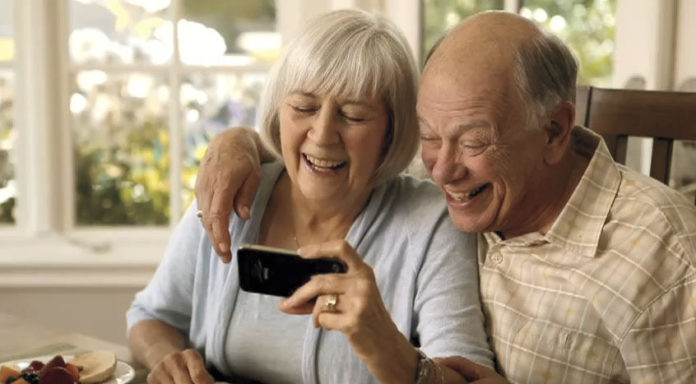Current methods are subjective, the evaluators’ biases tend to creep in
Researchers at the Johns Hopkins University have devised a method in which a smartphone application may be used to determine the severity of Parkinson’s Disease (PD).
In an article in Jama Neurology the researchers reported: “Using a novel machine-learning approach, we created and demonstrated construct validity of an objective PD severity score derived from smartphone assessments. This score complements standard PD measures by providing frequent, objective, real-world assessments that could enhance clinical care and evaluation of novel therapeutics.”
Parkinson’s disease symptoms include muscle rigidity, tremors, and changes in speech and gait.
Parkinson’s is a disease of the nervous system where cells that produce a neurotransmitter called dopamine are affected. Neurotransmitters convey signals from one nerve cell to another that helps in coordination of various functions of the body.
Parkinson’s disease symptoms include muscle rigidity, tremors, and changes in speech and gait. After diagnosis, treatments such as with drugs that mimic the action of dopamine, can help relieve symptoms, but there is no cure.
The observational study assessed individuals with PD who remotely completed 5 tasks (voice, finger tapping, gait, balance, and reaction time) on the smartphone application. Researchers used a novel machine-learning–based approach to generate a mobile Parkinson disease score (mPDS). The score objectively weighs features derived from each smartphone activity (eg, stride length from the gait activity) to scale it from 0 to 100 (where higher scores indicate greater severity).
Individuals with and without PD additionally completed standard in-person assessments of PD with smartphone assessments during a period of 6 months.
The method of diagnosis of PD which is essentially through in person interactions, the researchers felt, is subjective so the biases of the person doing the evaluation tend to creep in. Smartphones on the other hand can measure more accurately as it involves machine learning but there is currently no smartphone-derived rating score to assess motor symptom severity in real-world settings.
The researchers set out with the objective of developing an objective measure of PD severity.


